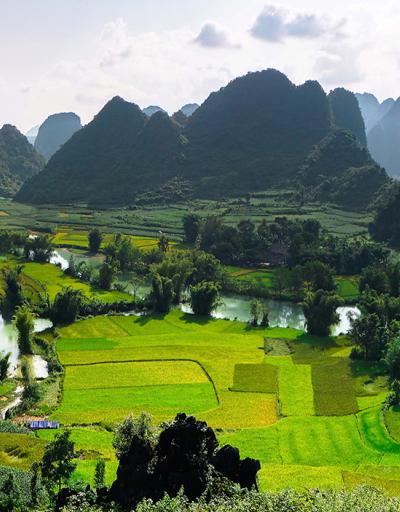
Asian Coastal Resilience Network (ACoRN)
The Asian Coastal Resilience Network (ACoRN) project will bring together scientists and stakeholders to understand and develop solutions to reduce the impact of coastal hazards on communities in Asia. The core team and their respective organizations have a wide range of expertise including hydrology, earth observation, marine resource management, and geodatabasing. The first three years will focus on Bangladesh where, through a series of engagement workshops, the group aims to refine their understanding of the challenges faced by communities in coastal regions. These challenges include sea level rise and flooding, subsidence, salinity intrusion and coastal erosion. They wil aim to propose appropriate solutions. Each workshop will have a different focus and attendees will include policy makers, local community members and scientists. For the final two years of ACoRN, we will expand approaches and adapt the solutions in similarly affected regions of other partner countries – Viet Nam and Thailand. Throughout the project, the group will encourage additional involvement from other countries across the continent and aims to build resilient communities in Asia.

Key information
Duration
2021-2024
IGCP Theme
Geohazards
Project Leader
Institute of Water and Flood Management, Bangladesh University of Engineering and Technology (BUET)
Highlights
Field inquiry
January 2023. Koyra, Bangladesh.
IGCP 716 team members conducted a field inquiry to identify sites vulnerable to coastal hazards, such as cyclones, storm surges, and saline intrusion, and to analyze the risks posed to specific livelihoods. The inquiry attempted to identify flaws in the present resilience framework. Information was gathered from local people whose livelihoods were potentially threatened including farmers, fishermen and people who work with the forests, such as the Sundarbans mangrove forest.
National-level workshop
February 2023. Bangladesh University of Engineering and Technology.
A national-level workshop was led by IGCP 716 members to consider:
- Solutions and methodologies to address the data gaps in the current Bangladesh initiatives and inform future strategy development.
- Citizen science, or social media, to ensure adequate preparedness and response to disasters.
- Earth Observation (EO) data for monitoring hazards in remote and hard-to-access communities.

